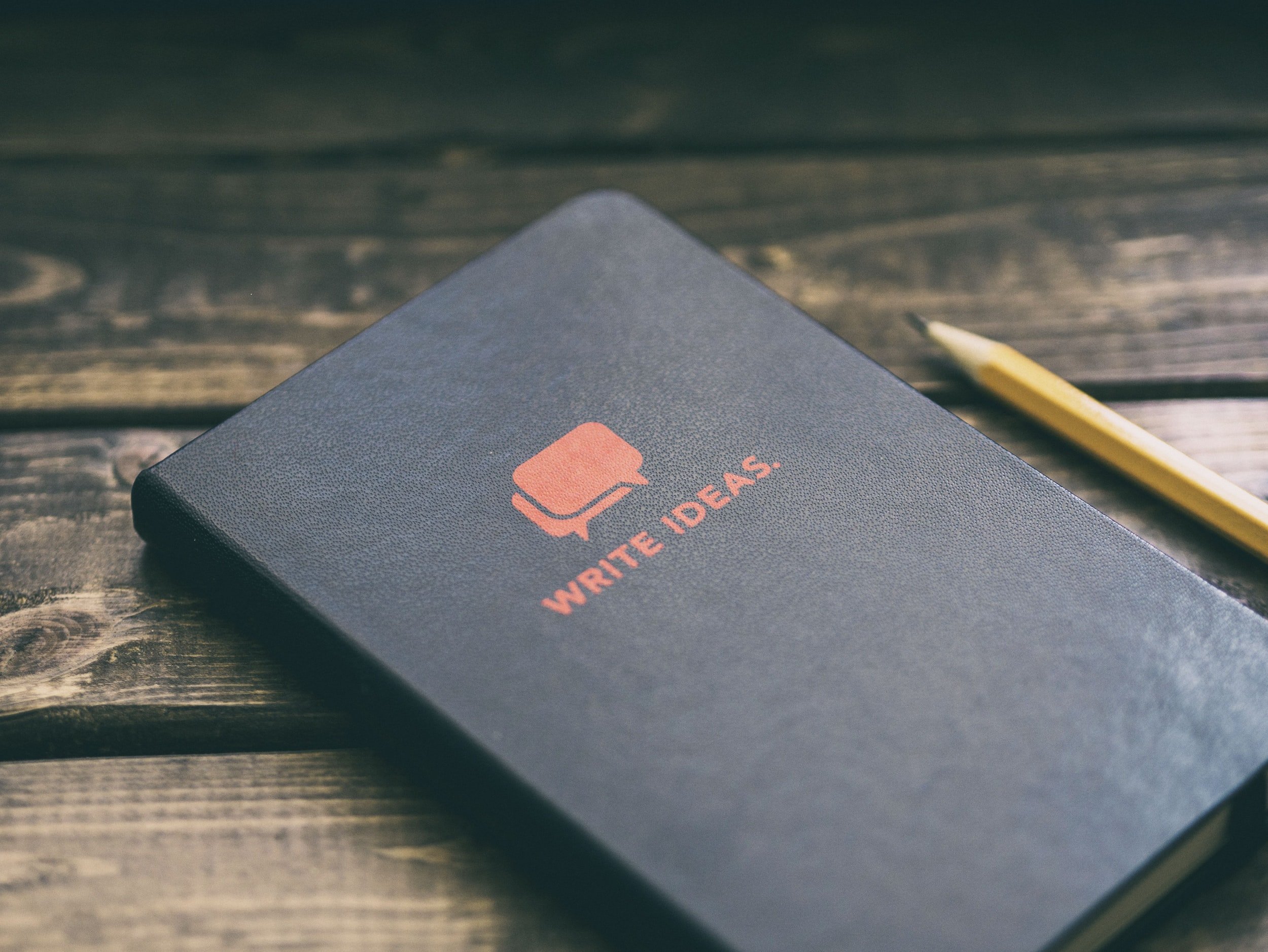
Each blog contains 1 idea, 2 quotes, and 3 questions to ponder.
1 WRITING IDEA
The big idea: watch out for the “weasel words” in your manuscript.
What are weasel words? Words that clutter your manuscript and/or words you repeat without realizing it.
Weasel words show a lack of focus and may point to a narrative needing more work
(Two main culprits: “That” and “It” — but there are plenty more: see my list of common weasel words)For most situations, choose active voice over passive voice
(Passive: The dog was hugged by Suzy; Active: Suzy hugged the dog)Consider removing adjectives, especially the weak ones
(Weak examples: Awesome; Good/Terrible; Big/Small; Pretty/Ugly; Tall/Short; Young/Old; Beautiful)Avoid the obvious phrases
(“He clapped his hands”; “She sat in the chair”; “They stood to their feet”)Adverbs usually aren’t your friends
(“I’m pregnant!” she shouted excitedly.)
2 WRITING QUOTES
“If a novel is 100,000 words and is 99.9 percent perfect, it still contains 100 errors.”
“Writing without revising is the literary equivalent of waltzing gaily out of the house in your underwear.”
3 Writing Questions
What words or phrases do you repeat the most?
What are some exceptions to using passive voice over active voice?
How do you know which adjectives and adverbs to keep or lose?
About Me
Hey, I’m Brian. Born a Tar Heel but now a Virginian, I’m a father of five and the husband of one amazing lady. My family has a thing for Golden Retrievers. Given the right circumstances, I can do a smooth moonwalk on a slick kitchen floor. I’ve also written a book called The Jungle Within.
















